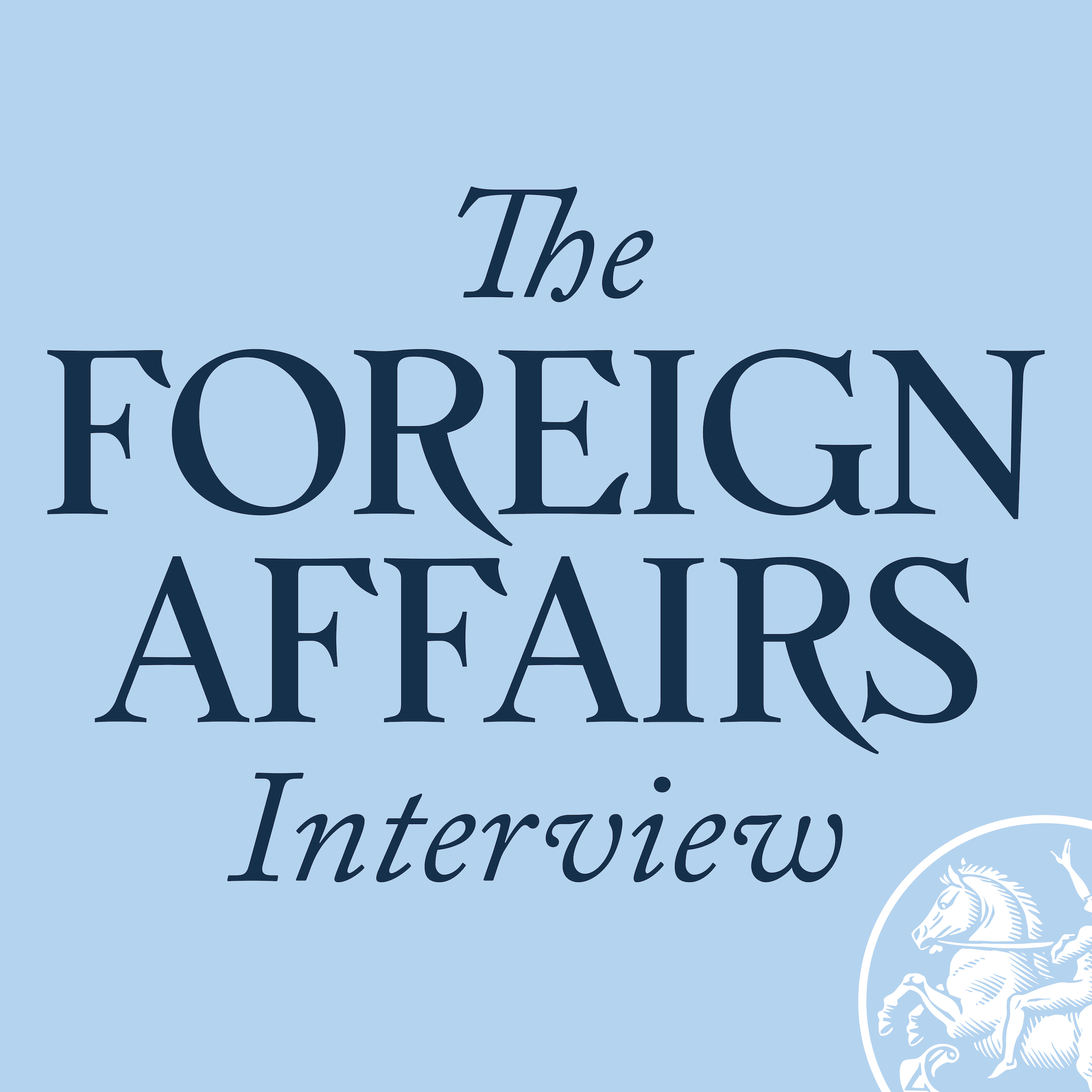

The Foreign Affairs Interview
Foreign Affairs Magazine
Foreign Affairs invites you to join its editor, Daniel Kurtz-Phelan, as he talks to influential thinkers and policymakers about the forces shaping the world. Whether the topic is the war in Ukraine, the United States’ competition with China, or the future of globalization, Foreign Affairs’ weekly podcast offers the kind of authoritative commentary and analysis that you can find in the magazine and on the website.
Episodes
Mentioned books

Jun 13, 2024 • 36min
Populism’s Grip on Mexico
Denise Dresser, a political analyst in Mexico, warns about the threats to democracy in Mexico as Claudia Sheinbaum's win could lead to either democracy or autocracy. They discuss corruption, mishandling of the pandemic, challenges in governance, international relations, and the potential governance style of the new president.

6 snips
May 30, 2024 • 43min
Iran, Israel, and America’s Future in the Middle East
Vali Nasr, an expert in international affairs, discusses the ongoing tensions between Iran and Israel, warning of a potential explosion in the Middle East. He emphasizes the need for a regional order to end cycles of violence. The podcast explores Iran's regional strategy, Biden administration's policies, Washington's misconceptions, geopolitical dynamics, recent political developments in Iran, and post-Gaza scenarios.

5 snips
May 16, 2024 • 38min
Gaza and the Breakdown of International Law
The podcast delves into the breakdown of international law in the Israel-Hamas conflict, discussing war crimes and violations. It explores the challenges of protecting civilians in wartime and the blurred lines between civilians and combatants. The discussion also highlights the potential arrest warrants for war crimes and implications on global relations. Additionally, it examines the Biden administration's stance on international law compliance and the role of the United States in upholding global standards.

37 snips
May 2, 2024 • 51min
Russia’s Murky Future
Historian Stephen Kotkin discusses Putin's resurgence in Russia, Biden administration's response to Ukraine, complexities of a potential armistice deal in 2022, navigating the Ukrainian counteroffensive, and speculating on Trump's return. The podcast explores Russia's future scenarios, geopolitical challenges, and the significance of managed competition in international relations.

Apr 18, 2024 • 41min
Can Israel and Iran Step Back From the Brink?
Iran's historic attack on Israel, intercepted by the US, sparks tension. Experts discuss escalation, shadow war strategies, and regional dynamics. Analyzing Iran's nuclear ambitions, interconnected conflicts in Israel and Gaza.

Apr 5, 2024 • 35min
Who Still Believes in a Two-State Solution?
Martin Indyk, a seasoned diplomat, discusses the cease-fire in Gaza, the Biden administration's influence on Israeli actions, and the possibility of moving towards a two-state solution after the recent war. The conversation explores the complexities of the Israeli-Palestinian conflict, the evolution of US policy, and the potential impacts on Israeli leadership amid growing pressure for change.

Mar 21, 2024 • 40min
Why Is Violent Conflict Reaching Record Levels?
The podcast discusses the surge in violent conflicts worldwide, including conflicts in Gaza, Ukraine, Myanmar, Sudan, and Ethiopia. It explores the breakdown of international trust and norms, the challenges of conflict resolution, and the role of major geopolitical tensions. The episodes also touch on the complexities of outside actors in conflict mediation and the importance of cohesive strategies for resolution.

Mar 20, 2024 • 43min
Bonus: India as It Is
The podcast delves into India's growing population and economy, as well as the potential impact of Prime Minister Narendra Modi's third term. It also explores the consolidation of power, concerns about civil rights, and the delicate balancing act between China and the US in India's foreign policy.

Feb 29, 2024 • 32min
Netanyahu’s Israel
Exploring the divisive impact of Netanyahu's policies on Israeli society, the legacy of Moshe Dayan and his influence on Israeli history, Netanyahu's erosion of civil liberties, American-Israeli relations and U.S. influence, and reporting challenges in Israeli conflict.

Feb 16, 2024 • 48min
The Deepening Disconnect Over Gaza
The podcast explores the lack of clarity and strategy in the Israeli offensive in Gaza, the regional dynamics and risks in the conflict, the understanding of Iranian strategy and proxy groups, the US role in the Israeli-Palestinian conflict and the Biden administration's strategy, and the different perspectives within the Israeli government regarding the future of Gaza.


